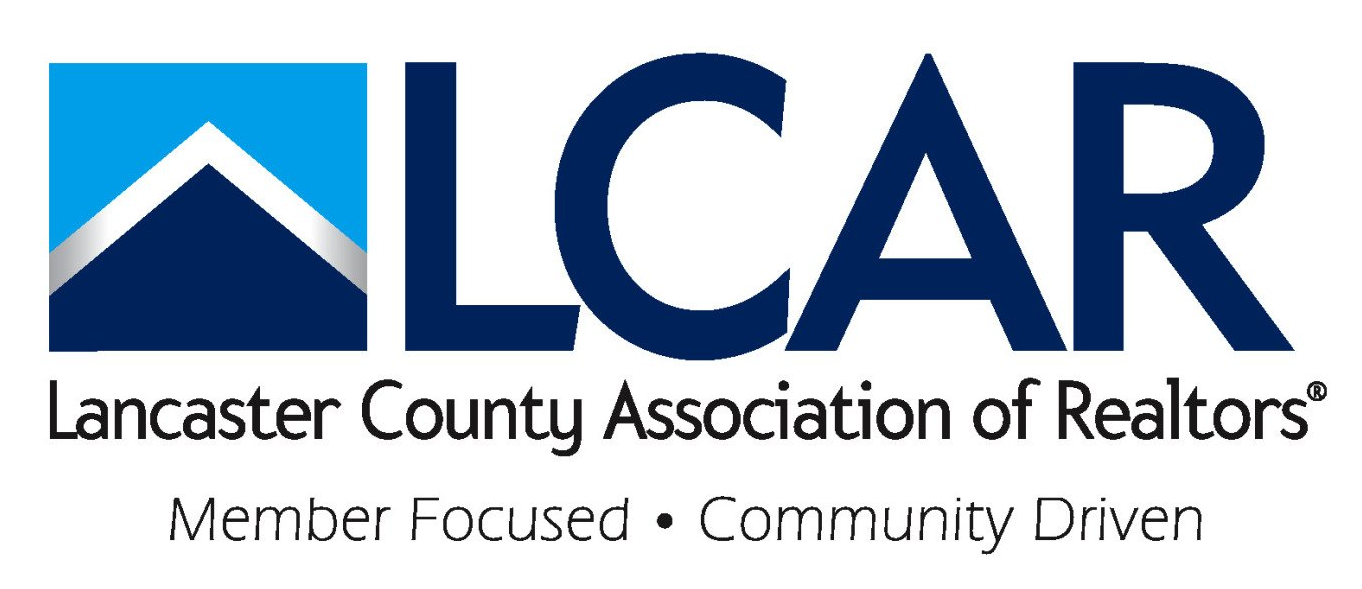Seller Disclosure, The Flipped Home and Your Role

This is not my first article on the subject. Many calls later, including a recent one, suggests the need for a revisit.
The recent caller is a seller’s agent whose client, a flipper, had listed a handful of properties with her. Shortly after settlement on one of these properties she got a call from a ‘fired-up’ buyer agent. Less than three hours after taking possession, the buyer noted that a toilet would not flush. A plumber’s visit revealed that a crushed pipe was responsible. The cost to remedy the sewage problem was in the thousands. Unless the seller paid for repairs suit would follow.
So far, this is a common pattern: something’s wrong, the seller must have known, the seller (and maybe his agent) didn’t disclose. The wrinkle here, however, is that the listing agent had some prior knowledge that must have been related to the problem but was not disclosed. On a visit to the property a month before its sale, the agent noted that the subject toilet was clogged. She informed the seller who authorized her to call a plumber. She was present when the plumber snaked the line and cleared the clog. He said “all good,” presented his bill, and departed. Thereafter, at least through settlement, the toilet worked. This history was not revealed by anyone.
Additionally, other defects were enumerated by the buyer agent that the listing agent had no knowledge of. Assuming the truth of these facts, how is this mess to be untangled, who’s liable and what lessons are to be taken?
Before going to the broader issues involving flipped properties, let’s deal with the wrinkle. Is the listing agent liable for failing to inform the buyer of the toilet clog/repair? Again, assuming the truth of the agent’s recitation of the facts, I’m going with “no”! Our Real Estate Seller Disclosure Law (RESDL) includes a section entitled “Non-liability of Agent: An agent of a seller or a buyer shall not be liable for any violation of [this law] unless the agent had actual knowledge of a material defect that was not disclosed to the buyer or of a misrepresentation relating to a material defect.”
We know the agent was aware of a quickly repaired clogged toilet but that is not the same as knowing of a material defect (harmful to those inhabiting the premises or substantially impacting value). The plumber actually put her at ease and said nothing to the effect that further investigation was necessary. Sure, the agent could have revealed the clog (reread), but to require her to note every ‘rub of life and living’ is not the standard. To have to catch everything, to assume every little whatever is noteworthy, would drive most of you in this business crazy if not reaching into your pockets following every settlement!
On to the general issue of disclosure and flipped homes. A seller who’s updated a home in a matter of months is not likely to know as much as someone who has lived in that home for decades. The flipper (and I don’t mean this as a derogatory reference) may not have owned the property during a rainy season or in other conditions that might reveal problems. Often, these properties are acquired in situations where there was no disclosure from the last inhabitant or from an owner who had real knowledge. Buyers need to know this!
Buyers also need to clearly understand (reread) that flippers only need to reveal material defects known by the seller. Not only that, RESDL says that the flipper is not liable for failing to disclose a material defect if the flipper reasonably believed the defect had been corrected!! [Note: RESDL specifically states: A seller shall not be liable for any error, inaccuracy or omission of any information delivered…if the error, inaccuracy or omission was based on a reasonable belief that a material defect or other matter not disclosed had been corrected.] Buyer beware indeed!
A good practice for the buyer agent is to get the previous disclosure. It won’t help in the situations I mentioned above, but, then again, it may have value. Get whatever history is available.
Get inspections…….if you can. If you can’t, be sure your buyer understands the “gamble” and is willing to go forward. You might also seek a list of repairs, contractors and invoices. Were permits sought/obtained? Were municipal inspections required and what does the municipality know of the property and its history? There’s much investigation that can be done even when your buyer is denied a home inspection.
Your buyer also needs to know that there is no implied warranty like may exist with a new-build. If a written warranty is promised, read it and understand the limitations (they will certainly abound).
Listing agents, as you’ve read, your flippers have some good defenses to claims of failure to disclose. But claims, regardless of the outcome, are costly. Keep in mind that you may be included in the claim! So what to do? Select your clients (flippers) carefully. Those with a terrible history of litigation might best be avoided. When you can, get a prior disclosure and ask the flipper for a list of contractors, copies of permits and other documents detailing what was done. Will your seller consider engaging an inspector to before the property is marketed? You can easily understand how this can protect you and your seller.
As a listing agent you must also read the flipper’s disclosure to see that all questions are answered and that all answers make sense. The section dealing with renovations might require a second or third page!
If you are not comfortable with you client’s disclosure you face a difficult choice. By law you must reveal material defects not disclosed by seller. If you reveal a problem your client denies exists your relationship may end. On the other hand, failing to reference what proves to be a problem, renders you culpable.
I’d like to hear your tips for those selling flipped properties or listing them. As always, best to all.
Copyright © James L. Goldsmith, Esquire 2023-2024.
All Rights Reserved.
Mr. Goldsmith is an attorney with Mette, Evans & Woodside. He serves as outside legal counsel to numerous Realtor Associations and was a staple on the PAR Legal Hotline for many years. A substantial portion of his practice is dedicated to providing advice and counsel to real estate licensees. He defends real estate salespersons and brokers in civil lawsuits and licensing claims across the Commonwealth. He represents Realtors® in disciplinary cases conducted before the Real Estate Commission. Jim was one of the voices of the PAR Legal Hotline for the first 27 years following its inception in 1992.










